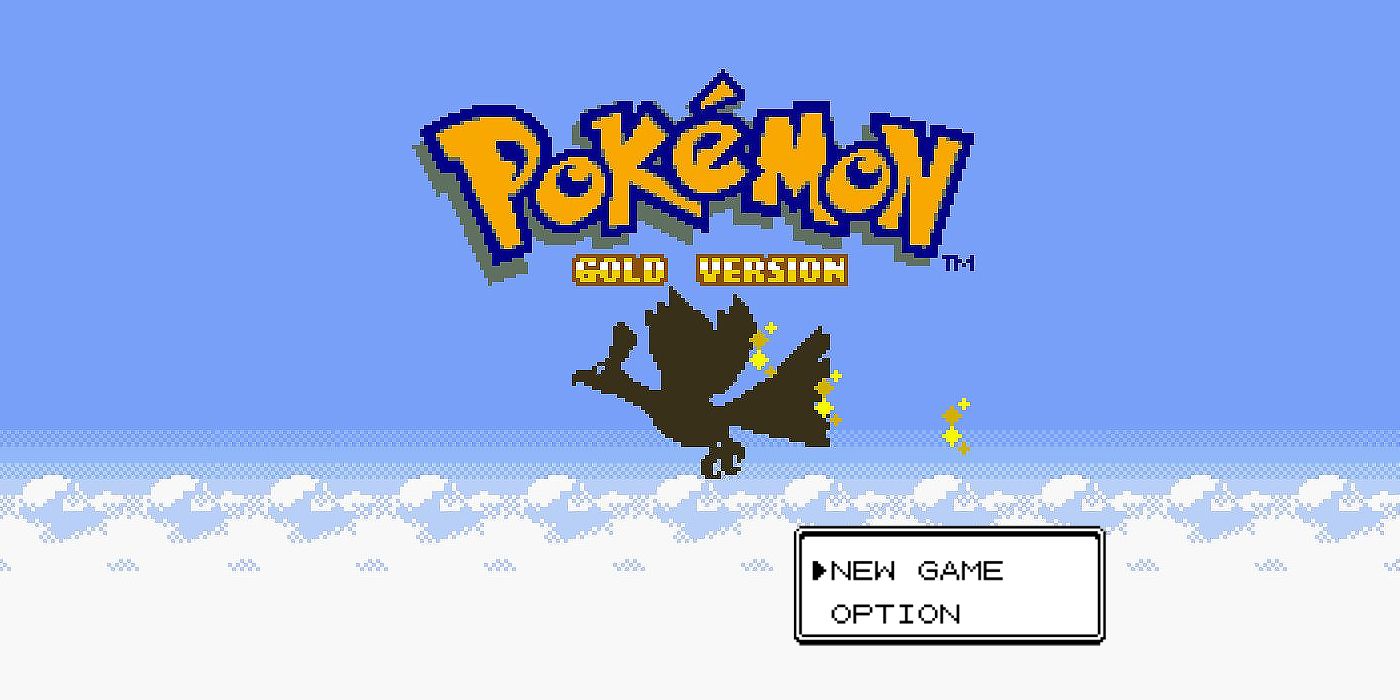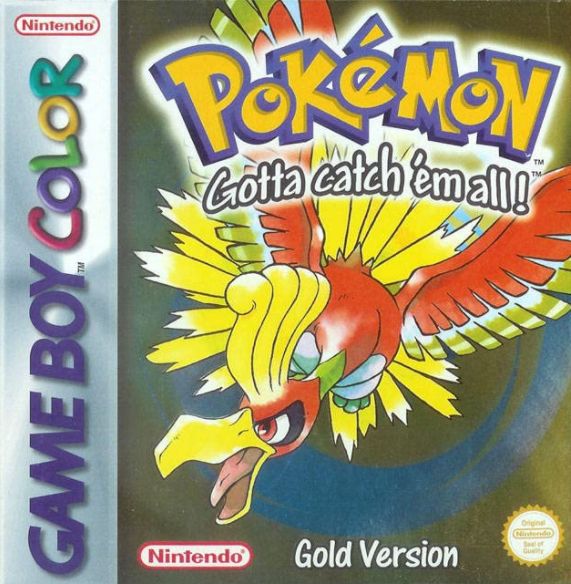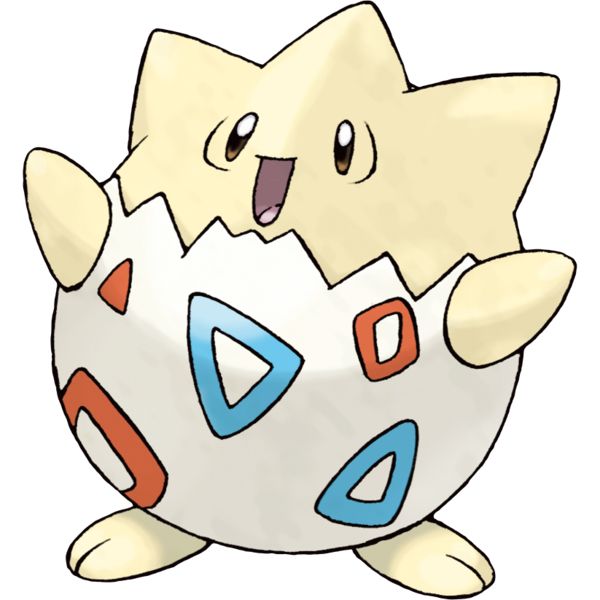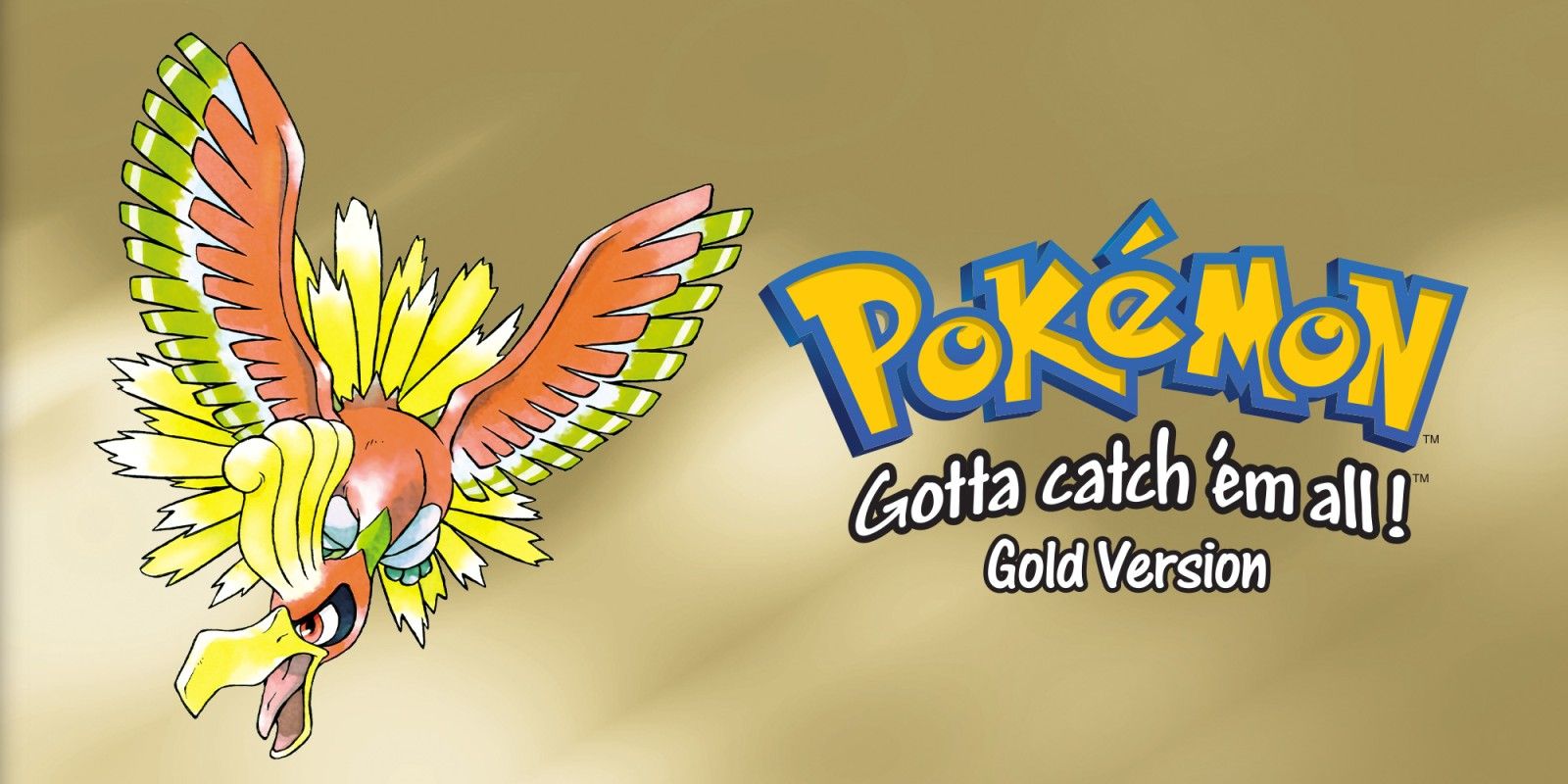When I tell you I’ve learned English by playing Pokémon Gold, this is not hyperbole nor a metaphor. Pokémon Gold is an excellent installment in the franchise and part of one of the best Pokémon game generations. I’ll never forget the joy of discovering I could travel to Kanto and have a whole new continent to explore or the thrill of fighting Red for the first time. However, since the game was not localized to Portuguese when it got to Brazil back in 1999, I’ll also never forget that the game was practically unplayable for many weeks.
It was not the pursuit of knowledge that first pushed me to learn English. What made me learn English was the frustration of owning a single game and not properly playing it because I couldn’t understand even the simplest instructions it gave me. I spent weeks suffering, stuck at the same point, until I finally funneled my infantile rage into bitterly learning English — with the help of my stubbornness and an old dictionary.
It All Started With an Egg
I was nine years old. It was Christmas Eve. When the clock ticked midnight, it was time to open the presents. Video games were very expensive in Brazil — and they still are — so I wasn’t expecting to unpack a transparent purple Game Boy Color and a copy of Pokémon Gold. This was the first console I’ve ever owned, and I would play it for thousands of hours in the years to come.
My parents insisted that I tried the new game only in the morning since it was already late. Well, you don’t just give a brand new video game to a child and ask them not to play it! I was excited and unable to sleep, so I turned the Game Boy Color on and watched Pokémon Gold’s intro animation. It was colorful, bright, and the prettiest thing I’d ever seen at the time.
The challenge started after the intro scene was over. As soon as I selected a “New Game”, Pokémon Gold started to send its blocks of text in my direction, explaining all I needed to know about the story, the gameplay tools, the goals… The problem is that I didn’t understand any of it. We don’t really learn English in Brazil, unless you go to school in an expensive private institution. And even though U.S. media is a huge part of Brazilian culture, I could only recognize a limited number of English words when I was nine.
The language barrier didn’t stop me from playing until three in the morning on Christmas. Nor did it stop me from waking up at eight in the morning so that I could keep playing. I made a lot of mistakes and had a lot of scares during the first days. My lack of understanding in English made me select the wrong day and time when starting a new game, so the night-and day cycle of Pokémon Gold was utterly messed up. Also, the first time my main Pokémon, Chikorita, ran out of Power Points for some moves, I honestly believed I could never again use it in combat. (That's the kind of trauma you'll carry with you all your life, I guess.)
Even without knowing English, I was able to brute force my way through the game until Violet City. I climbed the Sprout Tower, faced Gym Leader Falkner, explored the Ruins of Alph, and got ready to move forward with my adventure. Unfortunately, there was an NPC blocking my way on Route 32, just below Violet City. I didn’t know why the NPC didn’t let me go through, but since “Pokémon Center” was part of his dialogue, I knew I had to do something in Violet City to unblock my progression. At the Violet City Pokémon Center, I met Professor Elm’s assistant, a new NPC who wasn’t there until I had beaten Falkner. Of course, this NPC was the key to victory. All I had to do was to reply to a “yes” or “no” question.
Here’s the thing: After beating Falkner in Pokémon Gold, the player needs to receive a Togepi egg from Professor Elm’s assistant. Only when the player gets the egg are they allowed to move to Route 32. The catch is that the assistant only gives you the egg if you have a free slot in your party; should you have a complete party of six Pokémon, all you have to do is deposit a Pokémon in the Pokémon Center computer and then grab the egg. It’s an easy process. At least when you know English.
By the time I met Professor Elm’s assistant, I had a whole party. So, when I tried to reply “yes” to his question, I receive feedback telling me what to do: “Oh, no. You can’t carry any more Pokémon with you. I’ll wait here while you make room for the egg.” I had no idea what it meant, but I was able to recognize a few words. I knew what “more” meant, so nine-year-old me was convinced the instructions were to catch more Pokémon. It made perfect sense! Professor Elm is a researcher, and the Pokémon anime series had already taught me that the goal is to catch ‘em all. So, I needed to prove my worth and fill my Pokédex some more before receiving the “egg.”
So began my nightmare. I caught every Pokémon available in the game up to that point. And then, I used wild Pokémon battles to level up my party and make them evolve. It took me three weeks and dozens of hours for me to drop the excruciating process of leveling up strong Pokémon by defeating Level 3 Caterpies. By that time, I already had a basic knowledge of how the Pokémon storage system worked, but I was convinced that my first guess was correct, so it never occurred to me that I could just create an empty slot in my party. Thankfully I grew smarter after that — at least, I hope so.
When I came to the conclusion that I was indeed stumped and couldn’t brute-force my way out of it, I had already celebrated a birthday without gifts since the Christmas one had been so expensive. I didn’t have any other games to play in my Game Boy Color, and I knew I wouldn’t have a new game for a long time still. So, I needed to find a way to play Pokémon Gold. I asked my parents to give me an English dictionary, deleted my Pokémon Gold save file, and restarted my adventure from scratch.
Localization Is Not an Extra Feature
Even with a dictionary by my side, playing Pokémon Gold was not an easy task. A dictionary doesn’t help you with syntax, and the way English works as a language is different from Portuguese. Even so, while I slowly (and badly) translated each dialogue in Pokémon Gold with the help of a dictionary, I started to understand English. As months went by, I could read Pokémon Gold dialogues by myself, only consulting the dictionary from time to time.
Reminiscing this story leads me to two conclusions: The first is that video games are complex media that allow unique experiences in our brief human life. We tend to reduce video games to simple entertainment, and we indeed play games for fun many times. But we cannot limit media to a single objective because the way we interact with any kind of media shapes our lives differently.
The second conclusion is that localization is an essential tool of accessibility. English is used as a common international language, but it can be hard to learn other languages in some regions of the globe. Making a game available in multiple languages allows more people to play it. And since playing games is a growing part of how we interact with the world around us, localization should never be perceived as an optional feature.
Lucky for us, times have changed ever since 1999. AAA studios have huge localization teams, and even indie games try to find solutions to diminish the barrier of language. Games can be updated constantly thanks to the internet, and new language packages can be distributed after launch. In two decades, we’ve completely changed how we develop, release, buy, and play games, with more tools available to increase accessibility. And it’s incredible to notice it!
Learning English with Pokémon Gold helped me enjoy many other games, especially when I was able to play Super Nintendo and Nintendo 64 titles. As I grew up, this knowledge also helped me through college, work, and more recently while getting involved with game development. When I think about it, I realize I wouldn’t even be writing for Collider if Pokémon Gold hadn’t challenged me when I was a child. Nevertheless, I can be grateful for my personal experience, and at the same time wish other people to have more tools, more support, and more access to games so that they can also create their own memories with a media I love so much. There’s no such thing as bad accessibility, and the video game industry should always have it as a goal.




